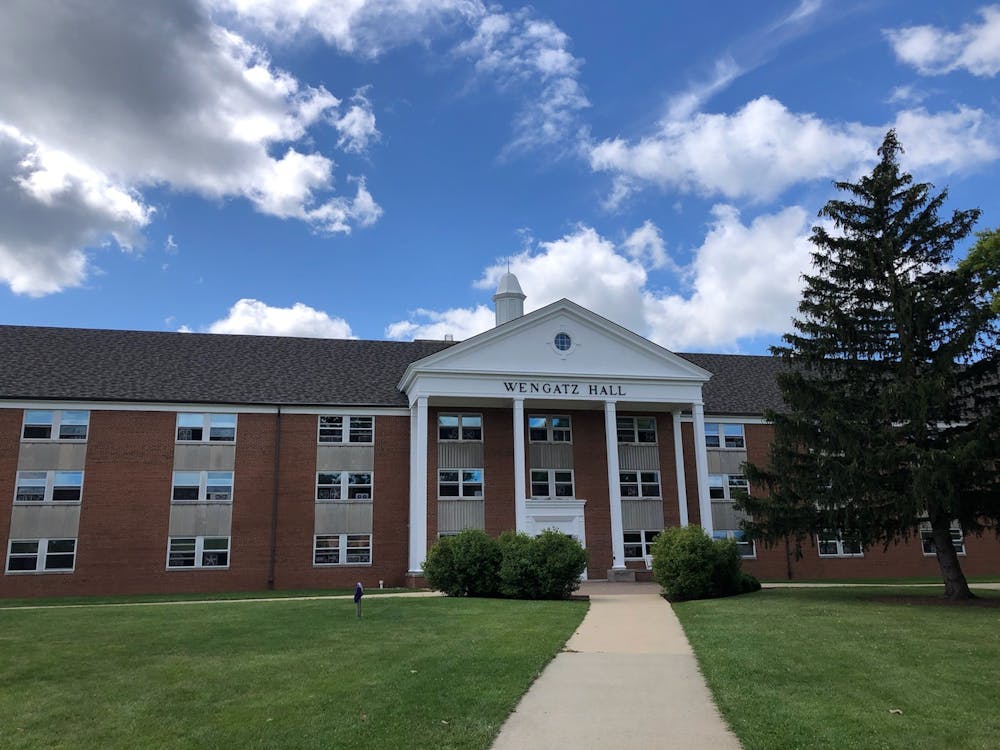Taylor University has been working to address the bat issue on Third East Wengatz, with the hope that the problem has now been solved.
The last bat sighting took place on March 6. A previous sighting took place on Thursday, March 2. Both bats tested negative for rabies at the Grant County Health Department.
The university has used several tactics to address the issue, including nets, one-way doors and hardening foam to seal potential entrance points. Both the facilities management team and outside firms were involved in handling the issue.
Critter Control, one of the outside firms the university has been working with, has been using lifts to check the outside of Wengatz to make sure any potential entrances have been sealed. The firm has inspected Grace Olson as well.
Will Hagen, the university’s vice president for strategy and chief of staff, said addressing pests like bats can be difficult in Indiana. They are a protected species in the state.
“Some of the things that we would do to get rid of most kinds of pests that might come into a building, we can’t actually do with bats,” Hagen said. “You can’t trap a bat unless you’re certified to do that. You can’t kill or poison bats, so it’s actually very difficult to get rid of bats.”
Bat sightings in Third East Wengatz took place over roughly the course of a month, with the first sighting on Feb. 8.
Jeffery Davis, who serves as a PA on the wing, said it became apparent how bad the situation had gotten when two members of Third East were woken up by bats while they were sleeping.
Davis estimates roughly half of his wing has chosen to get a rabies vaccine.
“How do I know (a bat) hasn’t been in my room?” Davis said.
According to the CDC, it can be difficult to identify a bite from a bat because of their size. The CDC recommends speaking with a healthcare professional if one believes he or she has been in close contact with the animal.
Davis said four members of Third East and one member of Third Center believe they were bitten.
The university said it will reimburse students affected by the bats, whether it was choosing to spend nights away from the dorm in a hotel or choosing to get the rabies vaccine.
“Any out-of-pocket expenses directly related (we’re covering),” Skip Trudeau, vice president for student development and director of the master of arts in higher education program, said.
While the first sighting took place on Feb. 8, Hagen said he didn’t hear about the bats from Trudeau until Feb. 27.
For Davis, the initial lack of communication from Taylor was disappointing.
“They failed to communicate a lot with us, and so, I think we didn’t have a lot of trust in them because of that,” Davis said.
Both Hagen and Trudeau said they could have done a better job of communicating with Third East, especially at the start.
“When it comes down to it, the main thing I want people to know is we really are sorry about what took place,” Hagen said. “We never want bats to be in the residence hall. I want people to know that we take that very seriously and we did take it very seriously, but we fell short when it came to communicating to students both in hearing them and where they (were) at and communicating with them the things we were doing to resolve the situation.”





